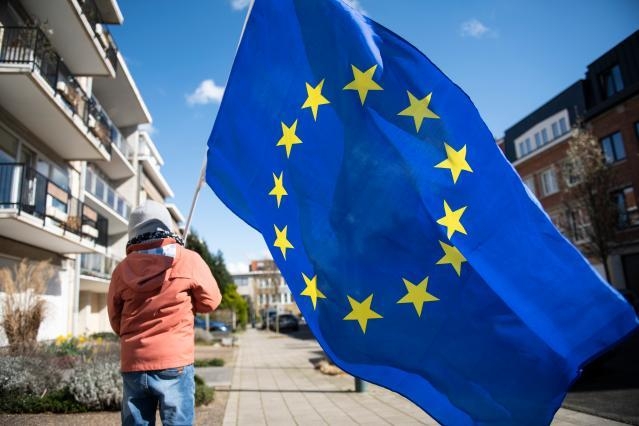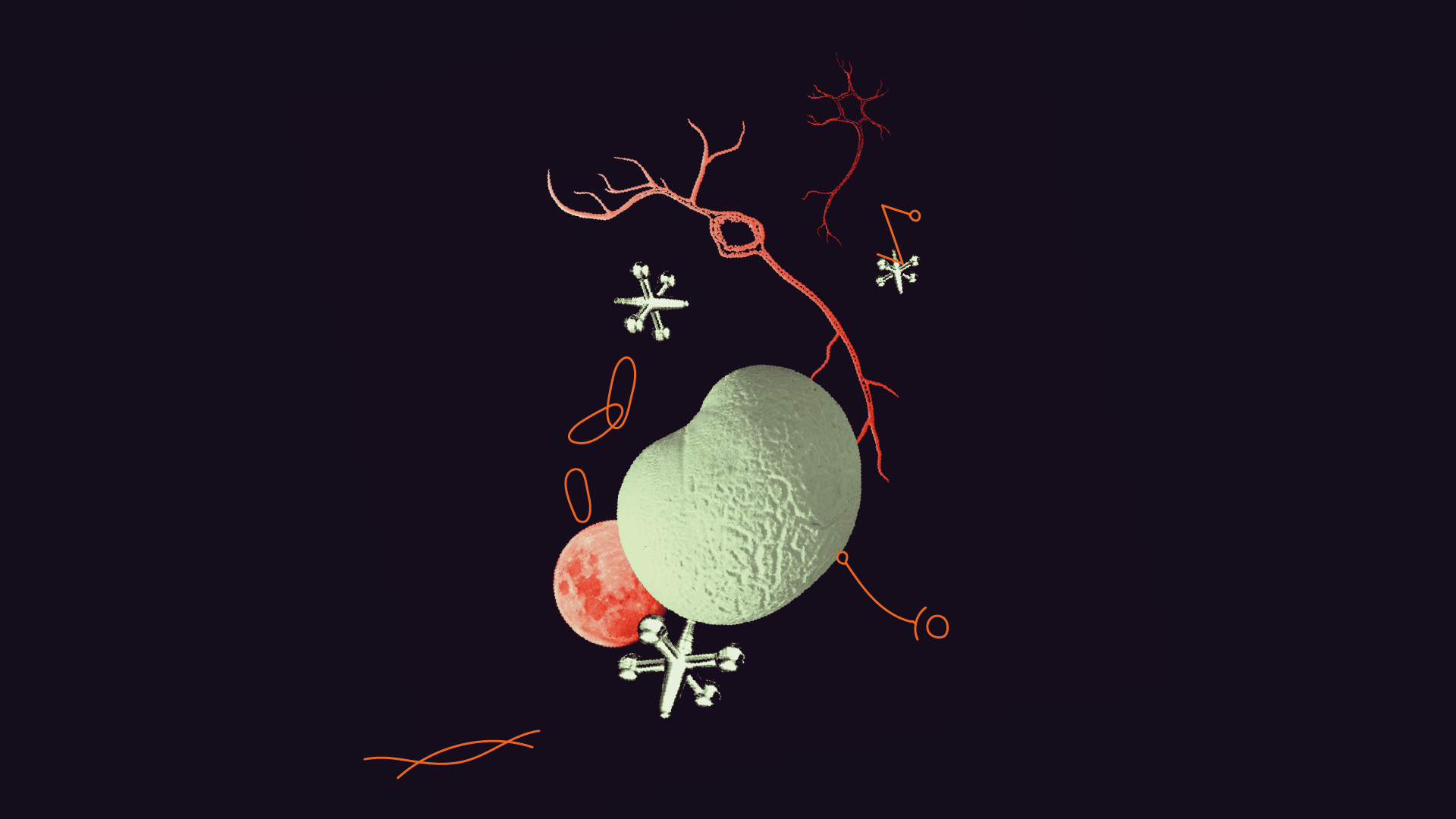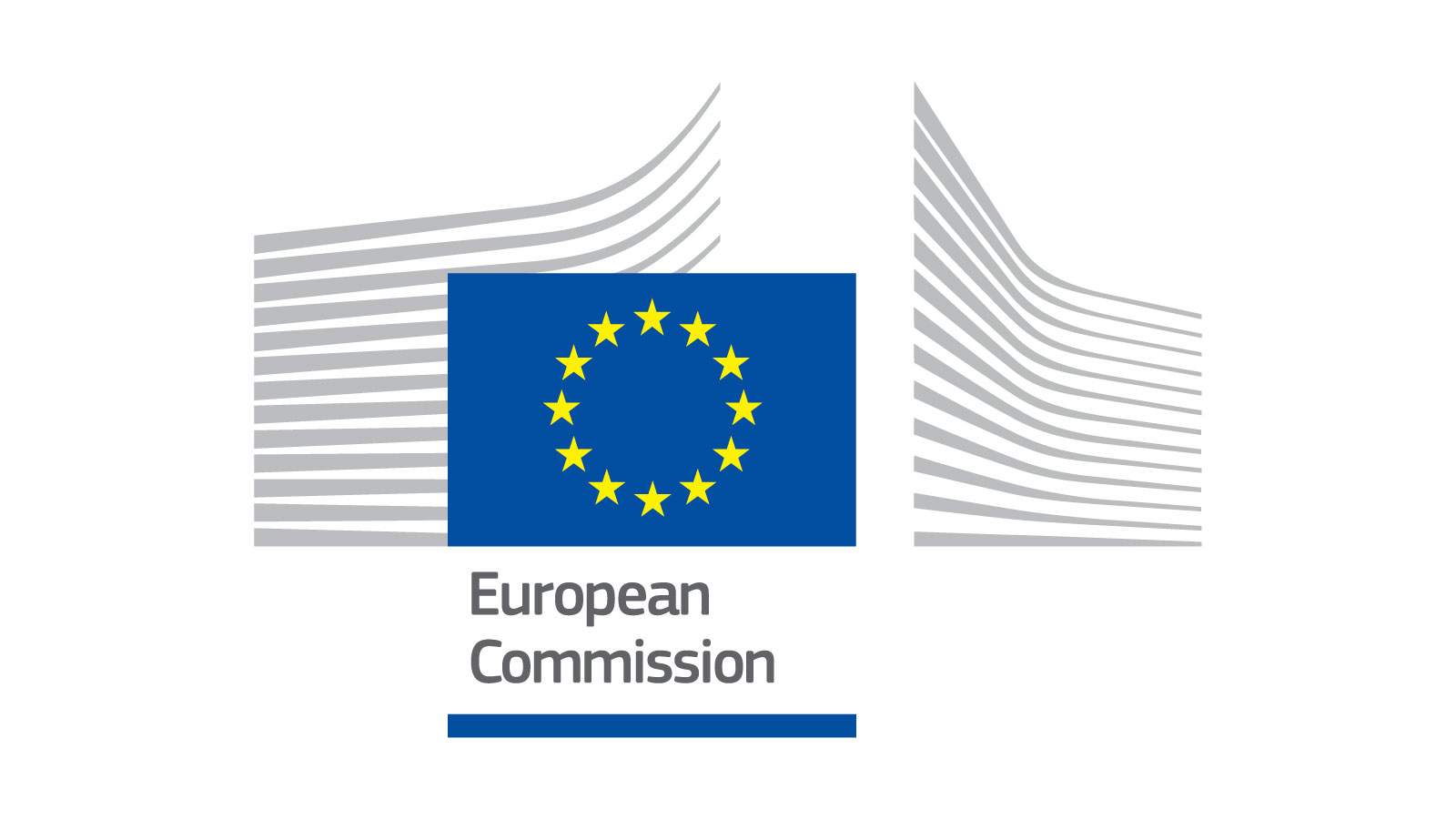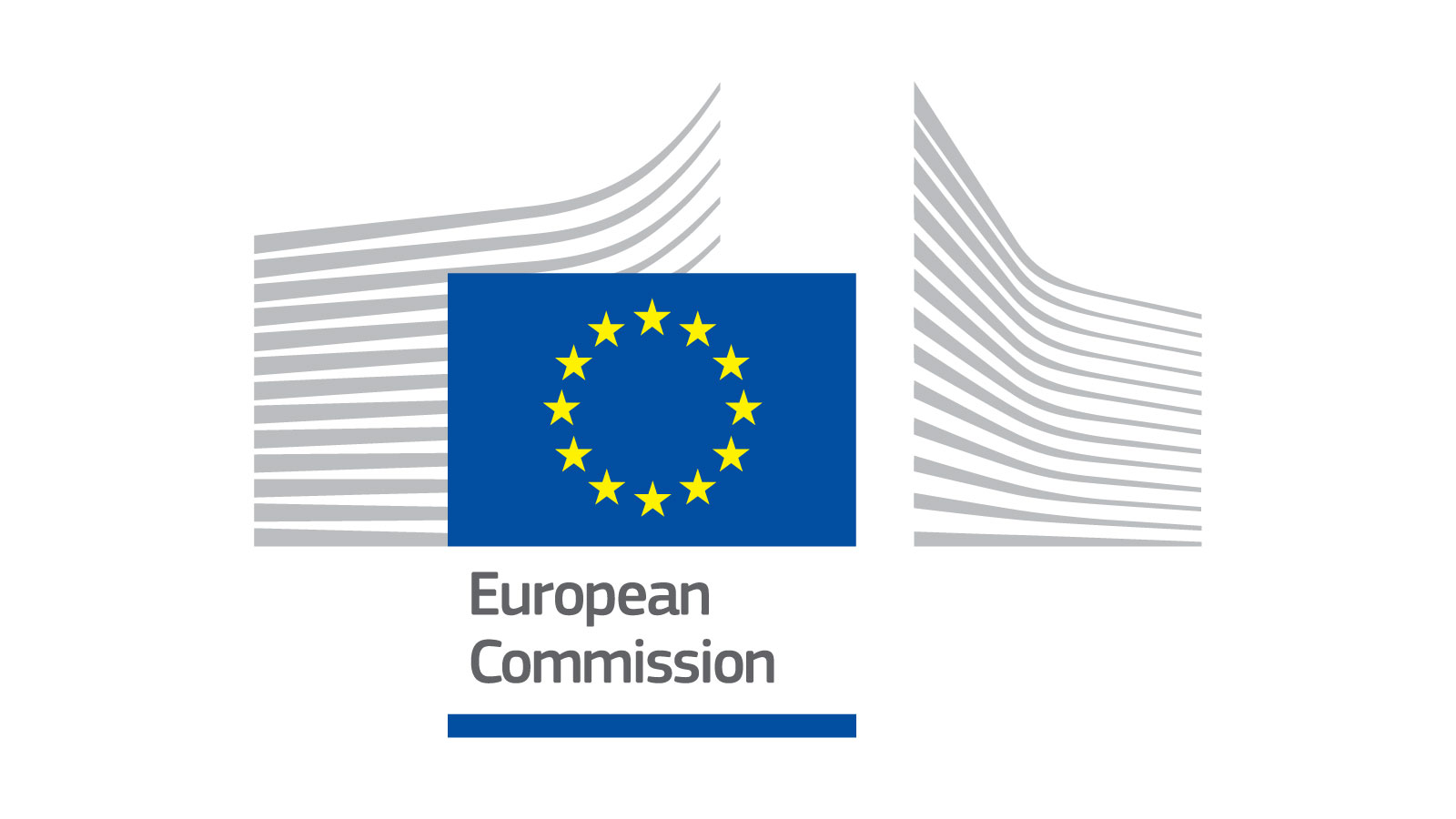Politics
Survey confirms Europe’s citizens want the EU to protect them and act in unity | News

European Parliament President Roberta Metsola said: “Two thirds of Europeans want the EU to play a greater role in their protection. This is a clear call for action which we will answer. Europe needs to be stronger so that our citizens feel safer. The European Parliament will ensure that every proposal put forward is bold and ambitious enough to match the serious level of threat Europe faces. Europe must step up today, or it risks being stepped over tomorrow.”
66% of EU citizens want the EU to take a more important role in protecting them against global crises and security risks. This view is particularly strong amongst younger respondents to the survey. At the national level, results for a stronger role of the EU range from 87% in Sweden to 47% in Romania and 44% in Poland.
Almost three quarters of EU citizens (74%) believe their country has benefited from being a member of the EU. This is the highest result ever recorded in a Eurobarometer survey for this question since it was first asked in 1983. Fitting the current context, respondents mention the EU’s contribution to maintaining peace and strengthening security (35%) as the main reason why membership is considered beneficial.
In addition, there is wide agreement among EU citizens that EU Member States should be more united to face current global challenges (89%) and that the European Union needs more means to deal with the challenges ahead (76%).
Citizens expect the EU to strengthen security and defence and to enhance competitiveness
In a rapidlychanging geopolitical environment, defence and security (36%) as well as competitiveness, economy and industry (32%) are identified as the areas on which the EU should focus most to reinforce its position in the world. These are also the topics that featured high on last week’s European Council with Parliament’s President calling for faster action and bolder ambition. While the results for defence and security have remained stable compared to February/March 2024, those for competitiveness, economy and industry have increased by five points. These two areas are followed by energy independence (27%), food security and agriculture (25%) and education and research (23%).
Economic and security issues are also at the forefront when it comes to the topics citizens want the European Parliament to address as a priority. Four in ten Europeans mention inflation, rising prices and the cost of living (43%), followed by the EU’s defence and security (31%), the fight against poverty and social exclusion (31%) and support to the economy and the creation of new jobs (29%). Inflation, rising prices and the cost of living is a main priority across all age groups and with peak results recorded in Portugal (57%), France (56%), Slovakia (56%), Croatia (54%) and Estonia (54%).
As shown by the EP’s previous survey, inflation and the cost of living had already played a major role as a driving force in the last European elections and the economic situation continues to be a main concern for many Europeans. A third (33%) expect their standard of living to decrease in the next five years, seven points more than in June-July 2024. This is the case for 53% of French respondents (+8 pp) and 47% of Germans (+15 pp).
Peace and democracy remain EU core values
Looking at the values Europeans would like the European Parliament to defend, peace (45%), democracy (32%) and the protection of human rights in the EU and worldwide (22%) come first. The results for this question have remained stable, underlining citizens steadfast support for the EU’s founding values and principles.
Two-thirds of citizens support a stronger role for the EP
As historic trend lines show, in moments of crisis citizens look to the EU for decisive actions and solutions. When the EU is perceived as coming together and delivering results, support indicators are high – which is currently the case. 50% of respondents have a positive image of the EU. In the last decade, this positive perception was only higher once (at 52%), in spring 2022 in the aftermath of the Russian invasion of Ukraine. The positive image of the EP is stable at a high level (41%). A few months into the legislative term, over six in ten (62%) citizens would like to see the European Parliament play a more important role, a six- percentage point increase compared to February-March 2024, a few months before the June 2024 European elections.
Full results can be found here.
Background
The European Parliament’s Winter 2025 Eurobarometer survey was carried out between 09 January and 04 February 2025 in all 27 EU Member States. The survey was conducted face-to-face, with video interviews used additionally in Czechia, Denmark, Finland, Malta, Netherlands, and Sweden. 26.354 interviews were conducted in total and EU results are weighted according to the size of the population in each country.
Politics
MSCA awards €608.6 million for doctoral programmes



DISCLAIMER: Information and opinions reproduced in the articles are the ones of those stating them and it is their own responsibility. Publication in The European Times does not automatically means endorsement of the view, but the right to express it.
DISCLAIMER TRANSLATIONS: All articles in this site are published in English. The translated versions are done through an automated process known as neural translations. If in doubt, always refer to the original article. Thank you for understanding.

– Advertisement –
– Advertisement –
The European Commission has announced the results of the 2024 Marie Skłodowska-Curie Actions (MSCA) Doctoral Networks call.
The Commission will fund a total of 149 excellent doctoral programmes with €608.6 million to train over 1800 doctoral candidates in and outside academia.
€536.9 million will be awarded to 133 standard Doctoral programmes, to train PhD candidates and develop their skills.
Funding includes also €26 million for 8 Industrial Doctoral programmes to train PhD candidates and develop their skills outside academia, including in industry and business. Doctoral candidates will also benefit from joint industry-academia supervision.
An additional €33 million will be allocated to 8 Joint Doctoral programmes, which promote joint selection, training and supervision leading to joint or multiple doctoral degrees.
The European Research Executive Agency (REA) received 1,417 applications for this call. This means a success rate of 10.6 %.
Close collaboration beyond academia
These doctoral programmes are implemented by international partnerships, involving 9335 organisations in 130 countries in the EU, Horizon Europe associated countries and beyond. 4725 of these are private for-profit entities.
Selected projects are coordinated by organisations in 18 countries.
Source link
More from the author
– EXCLUSIVE CONTENT –
Politics
36 000 free EU travel passes for 18-year-olds


© FRVS+MPCP 2022. The European Times® News is registered as an EU Trademark. All rights reserved. The European Times® and the logo of The European Times® are EU trademarks registered by FRVS+MPCP.
Members/Partners of

About Us
Popular Category
DISCLAIMER OPINIONS: The opinions of the authors or reproduced in the articles are the ones of those stating them and it is their own responsibility. Should you find any incorrections you can always contact the newsdesk to seek a correction or right of replay.
DISCLAIMER TRANSLATIONS: All articles in this site are published in English. The translated versions are done through an automated process known as neural translations. If in doubt, always refer to the original article. Thank you for understanding.
DISCLAIMER PHOTOS: We mostly used photos images that are readily available online, from free sources, or from the people promoting the news. If by any chance it happens that we have used one of your copyrighted photos, please do not hesitate to contact us and we will take it down without question. We do not make profits as this is a not for profit project to give voice to the voiceless while giving them a platform to be informed also of general news, and it is completely free.
Editor Picks
Politics
EU launches humanitarian air bridge after Myanmar earthquake


© FRVS+MPCP 2022. The European Times® News is registered as an EU Trademark. All rights reserved. The European Times® and the logo of The European Times® are EU trademarks registered by FRVS+MPCP.
Members/Partners of

About Us
Popular Category
DISCLAIMER OPINIONS: The opinions of the authors or reproduced in the articles are the ones of those stating them and it is their own responsibility. Should you find any incorrections you can always contact the newsdesk to seek a correction or right of replay.
DISCLAIMER TRANSLATIONS: All articles in this site are published in English. The translated versions are done through an automated process known as neural translations. If in doubt, always refer to the original article. Thank you for understanding.
DISCLAIMER PHOTOS: We mostly used photos images that are readily available online, from free sources, or from the people promoting the news. If by any chance it happens that we have used one of your copyrighted photos, please do not hesitate to contact us and we will take it down without question. We do not make profits as this is a not for profit project to give voice to the voiceless while giving them a platform to be informed also of general news, and it is completely free.
Editor Picks
-

 Health & Society5 days ago
Health & Society5 days agoCold Showers and Beyond – Embracing Temperature Therapy for Vitality
-

 EU & the World6 days ago
EU & the World6 days agoInnam Dustgir’s Approach to Public Relations
-

 Politics6 days ago
Politics6 days agoEU pledges €3.4 billion to combat global malnutrition
-

 Health & Society4 days ago
Health & Society4 days agoNatural Sleep Solutions – Creating a Restorative Nighttime Routine
-

 Politics5 days ago
Politics5 days agoEU supports the EU wine sector to cope with market uncertainties
-

 Sports6 days ago
Sports6 days agoOlimpia Milano still knocked out, Ettore Messina doesn’t mince words
-

 Health & Society2 days ago
Health & Society2 days agoSpice Up Your Life – The Health Benefits of Turmeric, Ginger, and More
-

 EU & the World4 days ago
EU & the World4 days agoSean Kingston’s Mom: 5 Things to Know About Janice Turner








